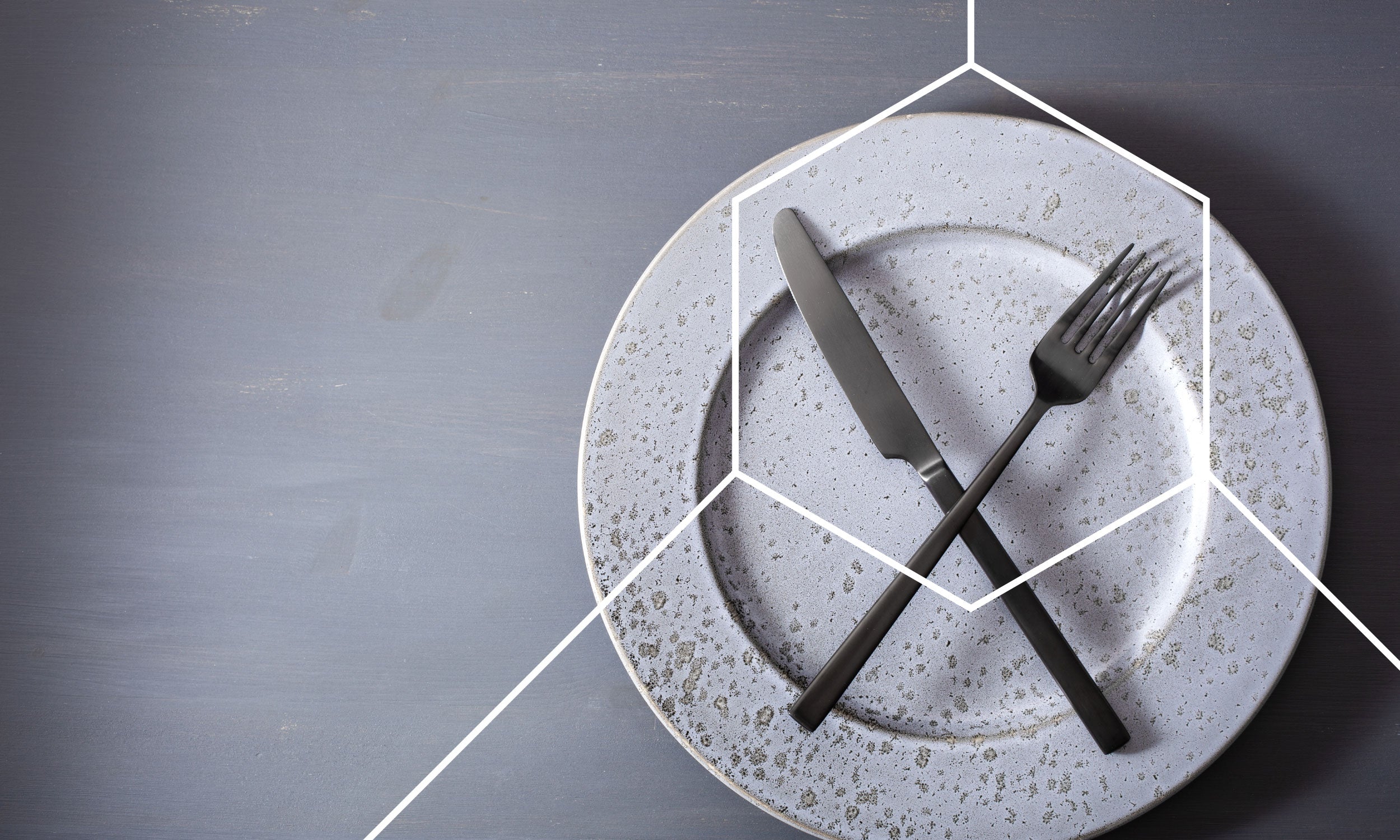
Fasting has become a popular dietary trend over recent years. Perhaps too popular. Americans tend to use fasting as a crutch rather than a complement to other healthy lifestyle choices such as a healthy diet and workout routine. Today, we’re going to look at what fasting is and the proper way to fast.
What Is Fasting?
Whenever you stop eating - or significantly decrease the number of calories you consume - for an extended period, you are fasting. Now, this doesn’t mean the period between lunch and dinner is considered a fast, as a fast usually lasts from 12 to 24 hours, and even up to days at a time. While fasting has become an increasingly popular dietary trend in recent years, the practice has existed for thousands of years. It’s a common religious tradition, for example, during Ramadan, many Muslims fast from dawn to sunset every day of the month. Outside of religious reasons, people fast for weight loss, to lower cholesterol, blood pressure, glucose levels, and improve longevity.
What Happens To Your Body When You Fast For 16 Hours?
One of the most popular fasting methods is the 16/8 intermittent fasting method. This method involves fasting for 16-hours, with an 8-hour window for eating. People who practice this method often skip out on breakfast, using their 8-hour window for lunch, snacks, and a large dinner. Some of the 16-hour fast benefits include:
- Increased weight loss - Fasting helps boost metabolism, making it easier to lose weight and keep it off
- Improved blood sugar control - Intermittent fasting can reduce insulin levels by up to 31%
- Improved longevity - Research shows that fasting can help increase your lifespan
What Does A 72 Hour Fast Do To Your Body?
On the extreme side of things, a 72-hour fast also has health benefits. Yes, this means not eating for a whole three days. While you may think you will quickly succumb to hunger, research shows otherwise. After day one, you will experience a drop in energy levels and hunger pains, but if you can stomach your way to days two and three, you will experience a gradual decrease in hunger.
That’s not to say you won’t experience the negative side effects of going a long period of time without eating. If you begin to feel ill at any point during a fast, you should stop the fast immediately. That’s why most experts recommend having something on you at all times that you can eat to break a fast if needed.
How Long Do You Have To Fast For Autophagy?
One of the benefits of fasting is the induction of a bodily function known as autophagy. This is the body’s process of replacing old and damaged cells with newer, healthier cells. This process can help extend your lifespan, as cellular health becomes increasingly more important as you age.
There are three ways you can induce this process: reducing the amount of food you eat, reducing the number of nutrients and minerals you eat, and reducing the amount of time you eat. Research shows that autophagy may take two to four days of fasting in humans. The process begins when glucose and insulin levels drop considerably.
What Breaks An Autophagy Fast?
If done properly, fasting can provide numerous health benefits. Part of a successful fast is healthily breaking the fast. Heading to your local pizza buffet and stuffing your face may be tempting, but it can immediately throw away all the positive benefits of your fast. So what are some of the best foods to break a fast?
- Smoothies - Blended drinks are a gentle way to introduce nutrients to your body since they contain less fiber than whole fruits
- Dried fruits - Dried fruits are packed with nutrients
- Soups - Soups are a great way to break a fast, but avoid soups with heavy cream
- Vegetables - Cooked, soft, starchy vegetables can be great options to break a fast
- Healthy fats - Eggs and avocados are good foods to eat to break a fast
When it comes to breaking a fast, not stuffing your face is the most important thing.
How Many Hours Of Fasting Before The Body Burns Fat?
Fasting results will vary depending on several different factors. For example, your weight, workout schedule, and sleep schedule will all impact how successful a fast is. Other factors such as medication can play a role.
On average, fat-burning typically begins after 12 hours of fasting and escalates between 16 and 24 hours of fasting. Another important factor is hydration. If you’re starting a fast, it’s essential to drink as much water as possible, as the more hydrated you are, the more successful a fast will be.
Will I Lose Weight While Fasting For 3 Days?
Experts suggest that you can lose up to three pounds over three days during a 72-hour fast. However, most of this weight is water weight. As soon as a fast is broken, eating a normal amount of carbohydrates will lead to weight returning.
If you’re focused on long-term weight loss, pairing a healthy fasting cycle with a well-balanced diet is the best course of action. Expecting one 72-hour fasting period to solve all of your weight-loss concerns is a losing battle. Also, relying only on fasting to lose weight can be unhealthy.
Supplements Can Help
Earlier in the article, we touched on autophagy and how fasting can help induce this bodily function. Another way to induce autophagy is by consuming a compound known as spermidine. Unfortunately, most Americans fail to get their recommended daily dose of spermidine through their diet. If you’re looking to live a longer, healthier, happier life, spermidineLIFE® supplements can help! spermidineLIFE® has developed an award-winning spermidine-rich supplement to help you reach your daily intake of spermidine.







